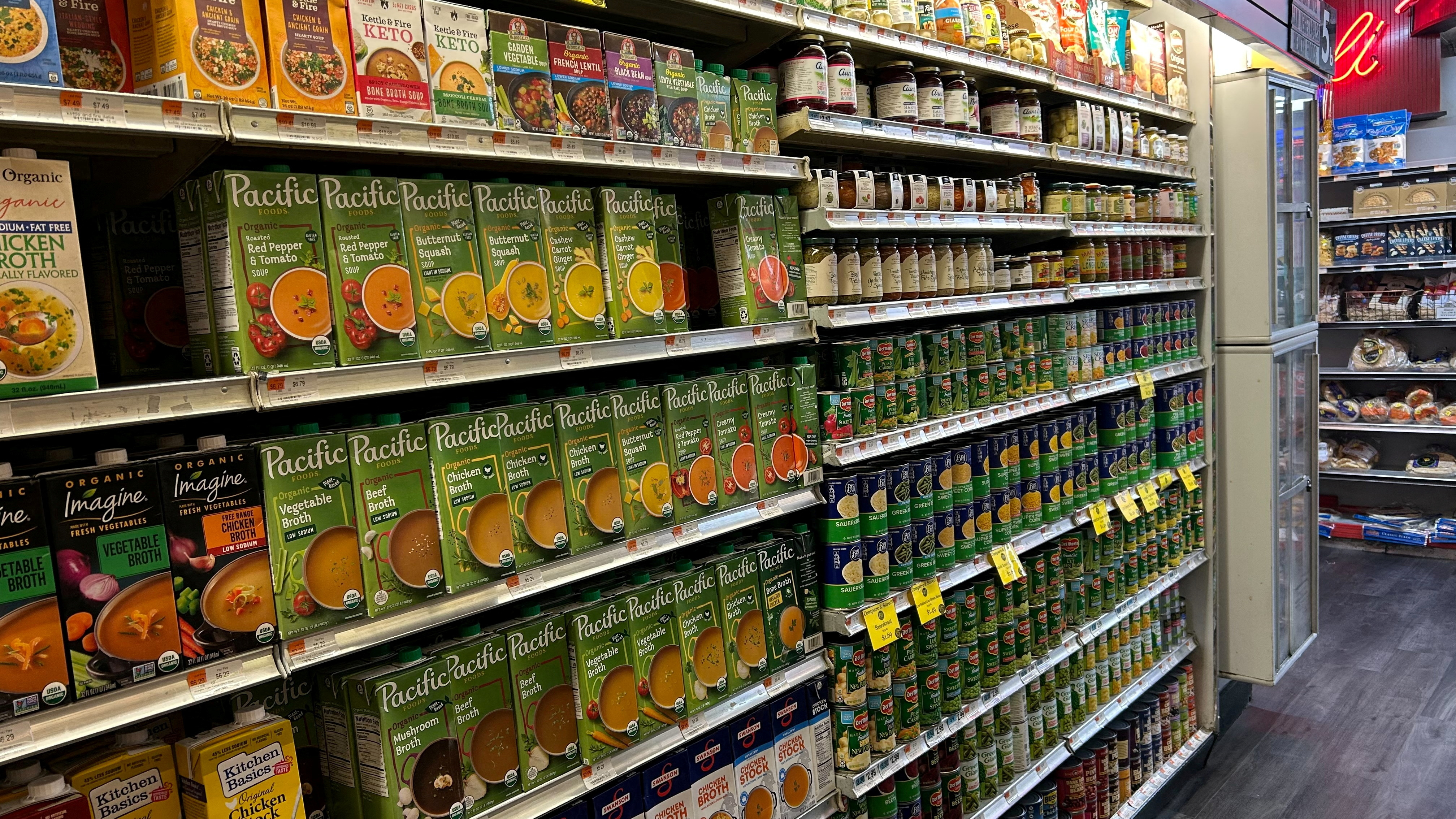Carney says will protect Canadian workers and business
President Donald Trump ramped up his tariff assault on Canada on Thursday, saying the U.S. would impose a 35% tariff on imports next month and planned to impose blanket tariffs of 15% or 20% on most other trading partners.
In a letter released on his social media platform, Trump told Canadian Prime Minister Mark Carney the new rate would go into effect on August 1 and would go up if Canada retaliated.
In a post on X late on Thursday, Carney said his government will continue to defend Canadian workers and businesses in their negotiations with the U.S. as they work towards that deadline.
The 35% tariff is an increase from the current 25% rate that Trump had assigned to Canada and is a blow to Carney, who was seeking to agree a trade pact with Washington.
An exclusion for goods covered by the United States-Mexico-Canada Agreement (USMCA) on trade was expected to stay in place, and 10% tariffs on energy and fertilizer were also not set to change, though Trump had not made a final decision on those issues, an administration official said.
Trump complained in his letter about what he referred to as the flow of fentanyl from Canada as well as the country’s tariff- and non-tariff trade barriers that hurt U.S. dairy farmers and others. He said the trade deficit was a threat to the U.S. economy and national security.
“If Canada works with me to stop the flow of Fentanyl, we will, perhaps, consider an adjustment to this letter,” Trump wrote.
Canadian officials say a miniscule amount of fentanyl originates from Canada but they have taken measures to strengthen the border.
“Canada has made vital progress to stop the scourge of fentanyl in North America. We are committed to continuing to work with the United States to save lives and protect communities in both our countries,” Carney added in his X post late Tuesday.
The prime minister said last month that he and Trump had agreed to wrap up a new economic and security deal within 30 days.
EU TARIFFS WORRY
Trump has broadened his trade war in recent days, setting new tariffs on a number of countries, including allies Japan and South Korea, along with a 50% tariff on copper.
His latest salvo rattled investors anew, with U.S. and European stock futures dipping in Asia on Friday as markets nervously awaited word on what tariff Trump would assign the European Union later on Friday.
The potential escalation between the EU and the U.S. is a big deal for financial markets,” said Joseph Capurso, head of international economics at the Commonwealth Bank of Australia. “If you get something similar to (the U.S.-China trade war in April), that’s going to be very destabilising.”
In an interview with NBC News published on Thursday, Trump said other trading partners that had not yet received such letters would likely face blanket tariffs.
“Not everybody has to get a letter. You know that. We’re just setting our tariffs,” Trump said in the interview.
“We’re just going to say all of the remaining countries are going to pay, whether it’s 20% or 15%. We’ll work that out now,” Trump was quoted as saying by the network.
Myanmar’s ruling military general has asked Trump to reduce the 40% tariff rate on his country’s exports to the U.S. to 10-20% and is ready to send a negotiation team to Washington if needed, state media reported on Friday.
The president of the Philippines will meet Trump in Washington this month for the first time and will discuss its 20% tariff, the country’s foreign minister said.
Canada is the second-largest U.S. trading partner after Mexico, and the largest buyer of U.S. exports. It bought $349.4 billion of U.S. goods last year and exported $412.7 billion to the U.S., according to U.S. Census Bureau data.
Carney, who led his Liberal Party to a comeback election victory earlier this year with a pledge to tackle trade challenges with the U.S., had been aiming to negotiate a trade deal with its key trading partner by July 21.
Trump, in his letter, did not specifically address how trade negotiations were proceeding, but he said the “tariffs may be modified, upward or downward, depending on our relationship with your Country.”
Last month, the Carney government scrapped a planned digital services tax targeting U.S. technology firms after Trump abruptly called off trade talks saying the tax was a “blatant attack.”






Click here to change your cookie preferences